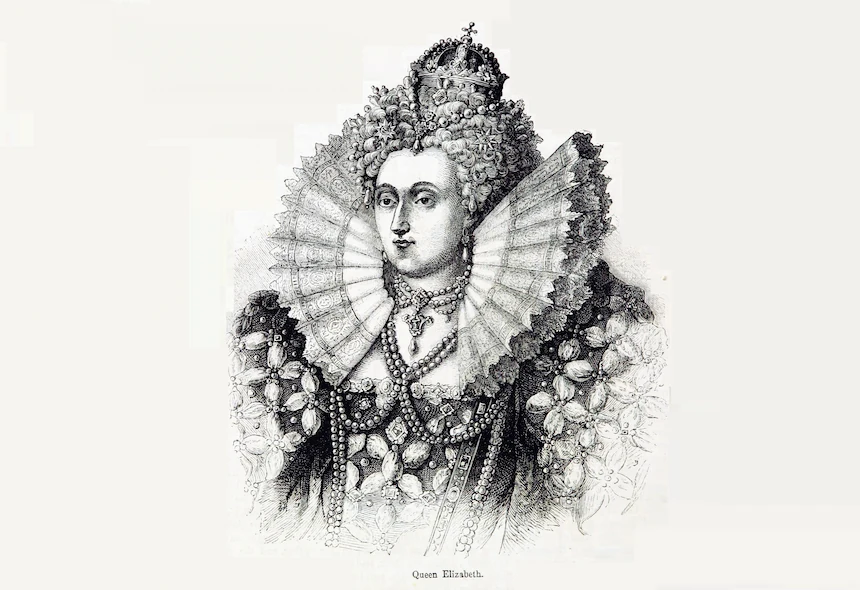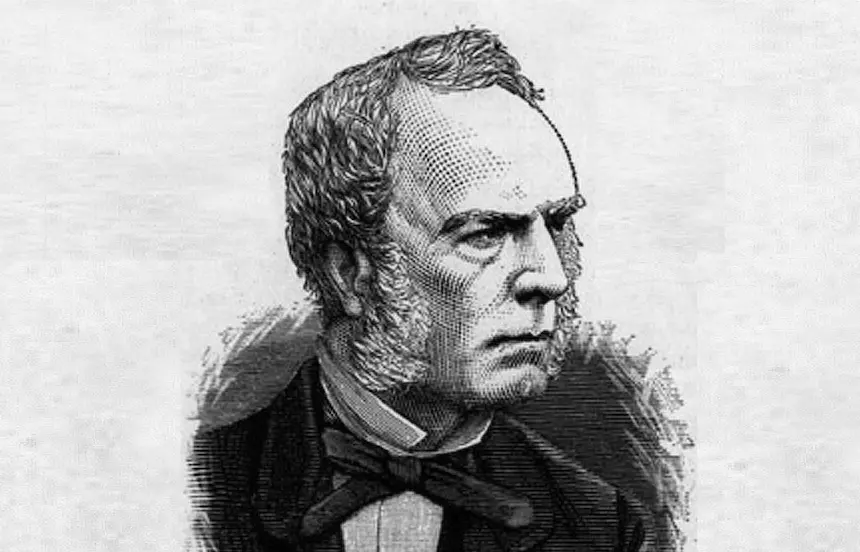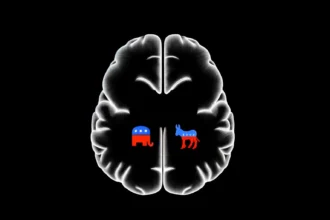About the book The Great Reversal: Britain, China and the 400-Year Contest for Power by Kerry Brown, published by Yale University Press.
- Memory and Forgetting: A Fundamental Function
- British History and Collective Memory
- Early Encounters and the Path to Imperial Conflict
- The Quest for Knowledge: Britain’s Study of China
- The Complexity of British Perspectives
- The Persistent Uniqueness of China
- Modern China: Surprises and Unforeseen Adaptations
- The Lesson of Constant Surprise
Memory and Forgetting: A Fundamental Function
Someone once said that one of the chief functions of the brain was to forget, rather than remember. We are inundated by vast amounts of information every second of every day, through our ears, eyes, nose, taste, and through touch.
If we tried to recall all of this, we would instantaneously be overwhelmed. Intelligence means the ability to select, to exclude some things and discard others. This is a fundamental intellectual skill – perhaps the most important of all. Remembering everything would be like a huge illness. We have to forget in order simply to cope.
One way of characterizing the whole course of British interaction with China since the 1600s would be to call it a history of surprises.
Almost always, however, the problems are not about accepting that forgetting per se is useful, but making sure we don’t forget the wrong things. We all have the experience of being certain of specific facts, or memories, or things we are sure we remember, and then, when we seek verification, finding that they were inaccurate, and that there were crucial things that had slipped from our memory. Remembering accurately is tough business, but so too is forgetting in the right way.
British History and Collective Memory
This phenomenon applies as much to countries as people. Britain as a nation is gifted with a long, and, at least in the last millennium, well-documented history. Domestically, and in terms of relations between the different kinds of countries that existed over this period on the islands that constitute Britain today, there are mountains of records and a great deal of collective memory. No wonder historians are constantly battling with trying to extract something manageable and accessible for people today from this vast reservoir of records of the past. The British often seem overwhelmed by their history and what to make of it.
Had we learned anything from our past interactions, or had we simply decided to forget much of them?
This applies even when we look at a relatively niche area, like Britain’s relations with China, a place on the other side of the world and, for much of recent centuries, inaccessible. There are superb archives testifying to this history. Some of these belong to companies that played a major role in the bilateral relationship – Swire, Jardine, or the Hong Kong and Shanghai Banking Corporation (HSBC).
Others emanate from government. There are also countless books, testaments, diaries, letters. The papers of Lord Macartney, who led the first formal embassy in Qing China in 1793–4, were so voluminous they were not properly examined and published (albeit in abridged form) till over halfway through the twentieth century.
As a British person who has studied with, and dealt with, China since 1991, this material is of direct interest to me. It tells the broader story of something that I, as an individual, have become part of and have my own bespoke memories of.
And yet, when Britain entered yet another vexed period in its relationship with the People’s Republic in 2020, when the pandemic occurred, I wondered why it was that Britain and China seemed to perpetually be irritating, and often confusing, each other in view of how much we clearly had engaged and come to understand each other. Had we learned anything from our past interactions, or had we simply decided to forget much of them?
Early Encounters and the Path to Imperial Conflict
Britain and China, after all, have had a relationship going back four hundred years and more. They first encountered each other directly in the reign of Elizabeth I in Britain (1563–1603) and that of the Wan Li emperor in China. The East India Company, set up on the last day of 1599, had, as one of its principal aims, to open up new markets in the Far East, of which China was the most tantalizing and fabled.

For the next hundred years, the British dreamed of that market and made attempts to gain a foothold in it. Most of the time it largely ended up failing. But it certainly came to have more direct experience of this remote place.
That set the scene for the history that most might know today – the period of direct clash over the 19th century, when the servants of the British empire were instructed by London to open up this frustrating but potentially massively lucrative market, by fair means or foul. The Anglo-Chinese wars from 1839 to 1860 have left a deep memory trace on China to this day, and stand amongst the most destructive testaments to the impact of colonization and imperialism on the country.
By the end of the 19th century, the British, through the Imperial Maritime Customs Service under its director, the Ulsterman Robert Hart, controlled a significant proportion of the Chinese fiscal system. British companies were building railways and mines; British missionaries were proselytizing deep into Western China; British consular officials had the most extensive network of diplomats in the world. There was even, for several decades, a British representative in the remote oasis of Kashgar, the stalwart George Macartney, descendant of Lord Macartney, and son of a British father and Chinese mother.
The Quest for Knowledge: Britain’s Study of China
In promoting its political and commercial interests in China over this period, Britain also created a vast amount of knowledge about this place. Huge books were issued from the 1800s covering the internal governance, belief systems, and geography of China.

The remarkable botanist Robert Fortune wrote detailed accounts of his travels through the country in the 1840s and 1850s, trying to take tea plants from there to India where they might be grown more easily to satiate the vast market for this drink back home (something he eventually succeeded in doing).
The newspaper The China Repository from 1832 onwards contained reports issued in the port city of Canton, the only place foreigners were then allowed to transact business and reside for part of the year, issued on a weekly basis. Most impressive and influential of all were the achievements of Robert Morrison, a Protestant missionary, arriving in China in 1808, and compiling, in the coming decade, the first Chinese-to-English dictionary. The British had gone in a generation from believing that Chinese script was simply a version of Egyptian hieroglyphics to having the means to translate and understand it as a complex, ancient language in its own right.
The Complexity of British Perspectives
The British—some British, at least—made huge efforts to understand China, and to make sense of the country’s history, customs, and mindset. The first chair of Chinese studies in Britain was set up in 1836 at University College in London. King’s College London followed in 1842. The British sent to serve in the various treaty ports and diplomatic outposts tended at this time to stay for years, picking up a vast amount of information and understanding.
China is definitely under a certain, rigid form of centralized, often oppressive rule.
Even the most committed believer in the mission of the British empire, whether it was Lord Elgin who was infamously in charge of the troops that sacked the Summer Palace in Beijing in 1860, or Charles Elliot, the commander of the forces that fought the first war in 1839 against the Chinese, tended to have complex, often conflicted views. Elgin wrote of his sympathy for how the Chinese might feel wronged and bullied, even though he quickly qualified this by stating that they often deserved, through their intransigence and stubbornness, the misfortunes visited on them.
Today, when reading a lot of the firsthand accounts of China by British visitors at the period of high imperial involvement in the 19th century, it is easy to see just how complex, contradictory, and ambiguous British views were about China, and how that set of attitudes has left a memory trace today. The British were often torn between sympathy, fascination, and sometimes antipathy by the things they experienced and witnessed in China.
The great travel writer Isabella Bird best represents this, traveling through the Yangtze River area in the 1880s. A fervent supporter of Protestant Christianity, and someone who fundamentally believed in the notion of a `civilizing mission’ towards those, like the vast majority of Chinese, who were categorized as heathen unbelievers, this did not prevent her from describing with sensitivity and humanity the society she was observing. She was more than able to recognize a profound level of commonality across all the cultural and religious differences.
The Persistent Uniqueness of China
That the historic record so often has accounts of individuals like Bird who did struggle with how to reconcile their own values and worldview with what they encountered in China is one of the most striking features for anyone who does look back over the various records of British and Chinese interaction.
What was constantly at the forefront of British attitudes was not so much that China was regarded as a complete alternative that was inaccessible and couldn’t be related to, but rather that it was clearly different, though in ways that were hard to pin down. From the 18th century and the high tide of Chinoiserie’ in British design and aesthetics, there was a recognition that China had a longstanding, complex, and ancient civilization, one that could not be dismissed as `undeveloped’ and backward.
What most fascinated British observers was China’s ability to develop and accomplish things in unexpected ways.
The imperious Victorian attitude of superiority to so many different cultures its vast imperial projects brought it into contact with (often with tragic results) was not so easy to maintain in the encounter with China.
This was a place that clearly held to sophisticated, longstanding, and deep beliefs. Its government system was frustrating and bureaucratic – but then so was that of Britain! China presented a body of written literature that far predated that of the English language.
It had temples, buildings, and structures that struck even critical observers like John Barrow, the assistant to Lord Macartney, as highly impressive. This was a place that had grown and developed seemingly with no contact with Europe, and devised knowledge, culture, and technologies (like that for making porcelain) that interested and impressed outsiders.
Modern China: Surprises and Unforeseen Adaptations
This perception of China’s difference by the British (and other Westerners) was not something that ever disappeared. In the 20th century, as British influence in the country waned, and other actors like the Japanese, Americans, and Russians started to hold sway, it was still the ability of China to develop and do things in unexpected ways that most fascinated British observers.
Perhaps the most consequential example of this was the adoption of Marxism from the Soviet Union in the 1920s and 1930s by the Chinese Communist Party, and the way that it Sinified and changed this as it came to power in 1949. Foreign Office officials in London, unlike their American counterparts, were far more skeptical that the newly created communist country under Mao Zedong would simply be an obedient satellite for Moscow. In this they were proved right.
Time and time again, over the ensuing decades, China did things in ways which, while sometimes emulating the West and the outside world, ended up being adapted, changed, and modified out of recognition in its own domestic practice.
The Lesson of Constant Surprise
Of all the things that the British (and indeed any Western country today) might best remember from the history of interaction with China, it is this constant sense of surprise. On the death of Mao in 1976, very few predicted the changes that would happen in the coming few years as the country embraced a highly idiosyncratic model of development, and allowed partial marketization and entrepreneurialism.
China continued to perplex when it went through this economic transformation, making dramatic changes almost every year in the material lives of its people, and yet maintained its one-party political system. Even under Xi Jinping from 2012, the more authoritarian direction the country has subsequently gone in was not what most expected.
Bearing that in mind, one way of characterizing the whole course of British interaction with China since the 1600s would be to call it a history of surprises. Some of these have been pleasant. A lot have been challenging. Many have been disruptive. If British people want to set themselves in the right mindset in dealing with China and engaging with it, they had best leave a good space open for unexpected surprises, and make sure their framework is flexible and open-ended.
That too would be a reasonable posture by other like-minded countries, from the US, to Canada, to France or Germany. Today, we can assert that China is definitely under a certain, rigid form of centralized, often oppressive rule. But we would be forgetting (perhaps deliberately) a lot of what our history with this remarkable culture and country has taught us for many centuries. And, once more, we would be stunned and surprised when things happen that no one foresaw, and everyone is puzzled by, but which become quite obvious in hindsight, when we finally remember all the things we had until recently blithely chosen to forget.









